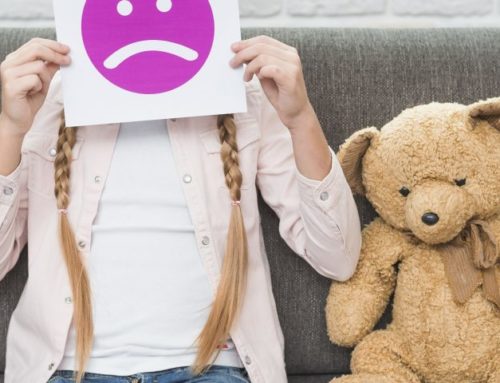Substance use and abuse is a far greater problem than many would think. In fact, almost 10 percent of the U.S. population older than 12 has used psychoactive substances. While this is problematic for the primary individual involved, it is especially troubling for any children within the home. Because children need a great deal of physical care as well as emotional support particularly when they are very young, they may be at risk of having insufficient care if they are living with parents or adult caregivers who abuse alcohol, illicit drugs or prescription drugs.
Classic Pediatricians Provide Care & Counsel
The child’s pediatrician can provide a listening ear when it comes to this situation. Parents are routinely asked questions regarding their child’s health at well-child examinations, and they are often asked about their own health and health practices as well. Many pediatricians will question parents about whether the child is around any tobacco in the home, and the doctors may also ask the parent regarding whether any illicit drugs are used, made or stored in the home.
Protecting Children from Abusive Substances
Children who live with parents who abuse drugs or alcohol are often not cared for properly and are at high risk of being abused. Children who are around drug paraphernalia have a great likelihood of acquiring blood-borne diseases. Additionally, these children and teenagers are at high risk for numerous mental disorders, such as depression, ADD, and oppositional defiant disorder, due to permanent changes in their brains following neglect and long periods of stress.





